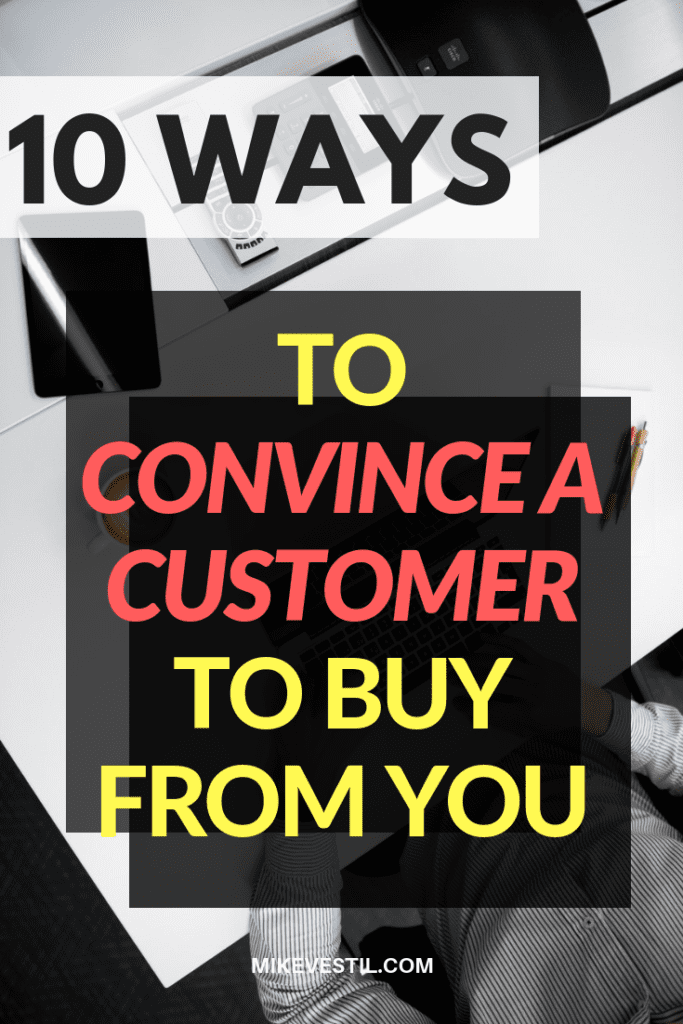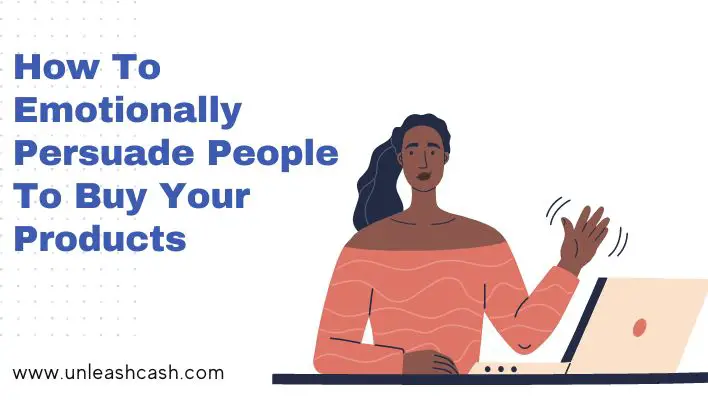How To Convince Someone To Buy Your Product

In today’s competitive marketplace, convincing someone to purchase your product requires more than just a catchy slogan. Consumers are bombarded with choices, making it crucial to understand the psychology behind purchasing decisions and employ strategies that resonate with their needs and desires. Mastering the art of persuasion, grounded in data and ethical practice, is key to unlocking sustainable sales growth.
This article explores proven techniques for effectively persuading potential customers to buy your product. It delves into strategies from understanding your target audience and crafting compelling narratives to leveraging social proof and offering exceptional value. The goal is to provide actionable insights, backed by research and expert opinions, empowering businesses to build trust and drive conversions.
Understanding Your Audience: The Foundation of Persuasion
Before attempting to sell anything, thorough market research is essential. Knowing your target audience – their demographics, psychographics, pain points, and aspirations – provides the foundation for crafting a persuasive message.
According to a report by Forrester, companies that leverage customer insights outperform their competitors. Understanding your customer allows you to tailor your product and messaging to directly address their specific needs.
Crafting a Compelling Narrative: The Power of Storytelling
Humans are inherently drawn to stories. A compelling narrative can make your product more relatable and memorable.
Instead of simply listing features, focus on how your product solves problems and improves lives. Emphasize the benefits and emotional connection that potential customers can experience.
Data from the Content Marketing Institute consistently shows that businesses using storytelling effectively report higher engagement rates.
Building Trust: Social Proof and Authority
People are more likely to buy a product if they see that others have had positive experiences. Leverage social proof, such as customer testimonials, reviews, and case studies, to build trust and credibility.
Featuring testimonials on your website or in marketing materials can significantly impact purchasing decisions. Seek endorsements from industry experts or influencers to further enhance your authority.
Offering Value: Pricing and Guarantees
Price is a significant factor in any purchasing decision. While you need to be profitable, consider offering competitive pricing or highlighting the value your product provides in relation to its cost.
Offering a satisfaction guarantee or a generous return policy can alleviate concerns and encourage hesitant customers to try your product. This shows confidence in your product and commitment to customer satisfaction.
Harvard Business Review research indicates that guarantees can reduce perceived risk and increase sales conversions.
The Art of Persuasion: Psychological Principles
Several psychological principles can be applied to enhance your persuasive abilities. The principle of scarcity, for instance, suggests that people value things more when they are perceived as limited or in high demand.
Highlighting limited-time offers or exclusive deals can create a sense of urgency and encourage immediate action. Reciprocity, another powerful principle, suggests that people are more likely to do something for you if you've done something for them.
Offer free samples, valuable content, or personalized advice to build goodwill and increase the likelihood of a purchase.
Ethical Considerations: Transparency and Authenticity
While persuasion is a valuable skill, it's crucial to maintain ethical standards. Transparency and authenticity are paramount in building long-term customer relationships.
Avoid making false claims or exaggerating the benefits of your product. Be upfront about any limitations and focus on delivering on your promises.
According to a Nielsen study, consumers are increasingly valuing authenticity and transparency in brands.
The Future of Persuasion: Personalization and AI
The future of persuasion is likely to be heavily influenced by personalization and artificial intelligence (AI). AI-powered tools can analyze vast amounts of data to identify individual customer preferences and tailor marketing messages accordingly.
Personalized recommendations and targeted offers can significantly improve conversion rates. However, it's important to strike a balance between personalization and privacy, ensuring that customers feel valued rather than manipulated.
Ultimately, convincing someone to buy your product involves a multifaceted approach that combines understanding your audience, crafting a compelling narrative, building trust, offering value, and applying ethical persuasion techniques. By focusing on delivering genuine value and building authentic relationships, businesses can achieve sustainable sales growth and cultivate long-term customer loyalty. Investing in market research, refining your messaging, and prioritizing customer satisfaction are essential steps in mastering the art of ethical persuasion.


















